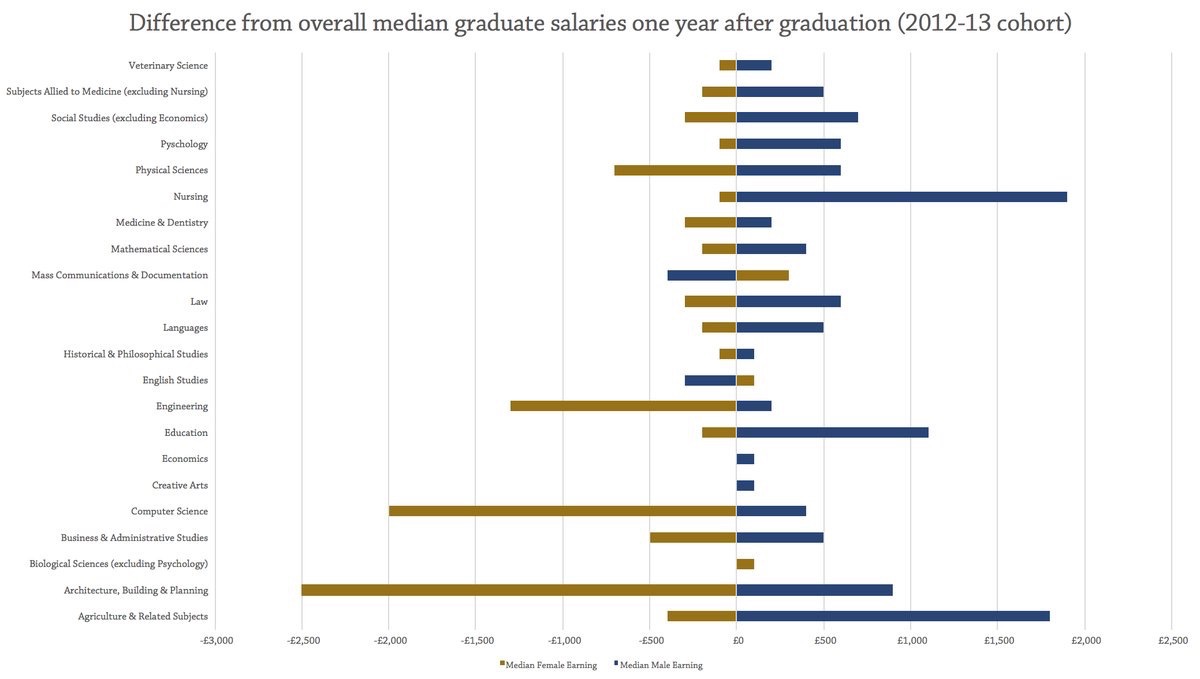
geralt (CC0), Pixabay
is the rapporteur for the industry committe for European Parliament’s own-initiative on data strategy and a standing rapporteur on the World Trade Organization e-commerce negotiations in the European Parliament’s international trade committee.
Writing in Social Europe she says:
Building a human-centric data economy and human-centric artificial intelligence starts from the user. First, we need trust. We need to demystify the data economy and AI: people tend to avoid, resist or even fear developments they do not fully understand.
Education plays a crucial role in shaping this understanding and in making digitalisation inclusive. Although better services—such as services used remotely—make life easier also outside cities, the benefits of digitalisation have so far mostly accrued to an educated fragment of citizens in urban metropoles and one of the biggest obstacles to the digital shift is lack of awareness of new possibilities and skills.
Kampula-Natri draws attention to the Finnish-developed, free online course, ‘Elements of AI’. This started as a course for students in the University of Helsinki but has extended its reach to over 1 per cent of Finnish citizens.
Kampula-Natri points out that in the Nordic countries, the majority of participants on the ‘Elements of AI’ course are female and in the rest of the world the proportion exceeds 40 per cent—more than three times as high as the average ratio of women working in the technology sector. She says that after the course had been running in Finland for a while, the number of women applying to study computer science in the University of Helsinki increased by 80 per cent.


 Interest in Vocational Education and Training (VET) seems to go in cycles. Its always around but some times it is much more to the forefront than others as a debate over policy and practice. Given the pervasively high levels of youth unemployment, at least in south Europe, and the growing fears over future jobs, it is perhaps not surprising that the debate around VET is once more in the ascendancy. And the debates over how VET is structured, the relation of VET to higher education, the development of new curricula, the uses of technology for learning, the fostering of informal learning, relations between companies and VET schools, the provision of high quality careers counselling and guidance, training the trainers – I could go on – are always welcome.
Interest in Vocational Education and Training (VET) seems to go in cycles. Its always around but some times it is much more to the forefront than others as a debate over policy and practice. Given the pervasively high levels of youth unemployment, at least in south Europe, and the growing fears over future jobs, it is perhaps not surprising that the debate around VET is once more in the ascendancy. And the debates over how VET is structured, the relation of VET to higher education, the development of new curricula, the uses of technology for learning, the fostering of informal learning, relations between companies and VET schools, the provision of high quality careers counselling and guidance, training the trainers – I could go on – are always welcome.